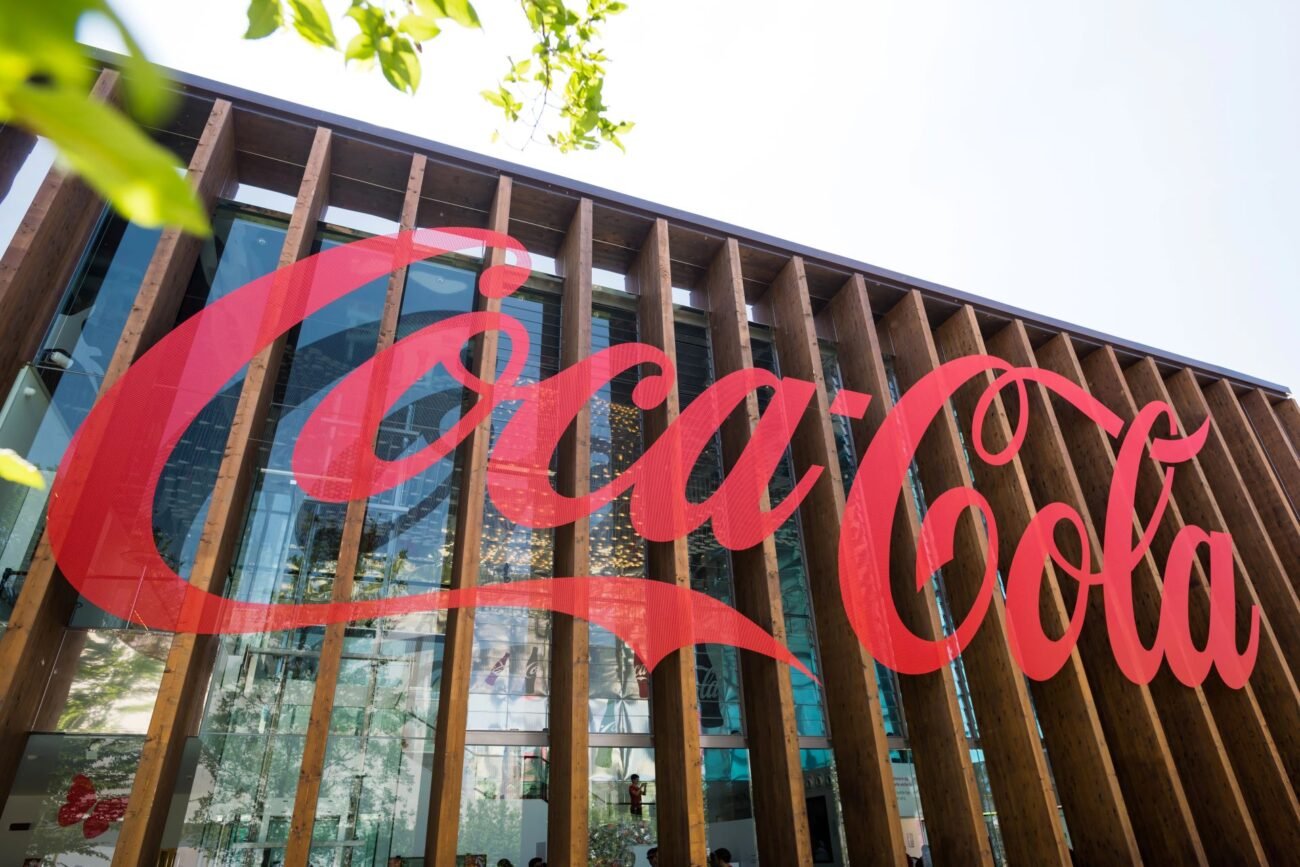Powerade’s bold blue label promises 50% more electrolytes than the competition. However, a new lawsuit says the figure is more of a marketing spin than a scientific fact.
What’s happening?
Coca-Cola is facing a class action lawsuit over allegedly deceptive claims on its Powerade Mountain Berry Blast sports drink, Top Class Actions reported.
The complaint, filed in New York by Natasha Lekwa, accuses the beverage giant of falsely marketing the drink as having “50% more electrolytes” than competing sports drinks.
According to the complaint, the label implies the electrolytes will give consumers health benefits, but the actual differences in electrolytes such as sodium and potassium are too small to matter.
“Such claims should be reflected in the sodium and potassium content in the labeling as required for food products, which is not the case,” the lawsuit states.
Lekwa is asking for a jury trial, monetary and punitive damages, and updated labeling for all affected products.
Why is this lawsuit important?
When major brands build their marketing around health and performance, their claims and labels need to mean something. That’s especially true for sports drinks, which people reach for during illness, heat waves, and workouts.
Lekwa’s complaint argues that Coca-Cola is leaning on exaggerated figures to position Powerade as a better choice when the benefits are barely measurable.
This isn’t the first time Coca-Cola has been criticized for misleading or harmful practices. The company remains the world’s top producer of branded plastic waste, contributing millions of single-use bottles to the global waste stream each year.
And while Powerade’s label may play up performance, the impact of the product — from underwhelming health claims to plastic-heavy packaging — is more damaging than it seems.
What’s being done about it?
The Powerade case is still in its early stages. Still, the lawsuit could push Coca-Cola to rethink how it markets its sports drinks, signaling to other beverage companies that vague or inflated health claims won’t go unchecked.
Regulators may also take a closer look at how companies advertise electrolytes and other so-called wellness benefits or even greenwashed marketing claims.
In other areas of its business, Coca-Cola has made moves in the right direction. Recently, it has invested in new production facilities with sustainability initiatives. Through recycling partnerships, Coca-Cola Consolidated, the largest Coca-Cola bottler in the nation, collected more than 974 million plastic bottles last year. Yet it’s clear that the beverage giant needs to do more to limit its impact on the environment.
As this class action lawsuit gains steam, so does the case for holding companies accountable — not just for what they sell but for how they sell it.
Join our free newsletter for good news and useful tips, and don’t miss this cool list of easy ways to help yourself while helping the planet.


